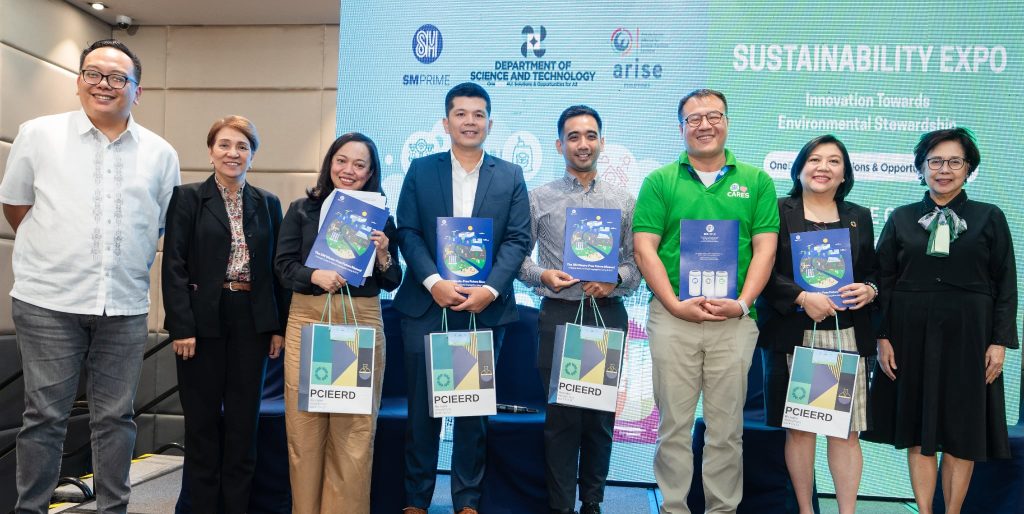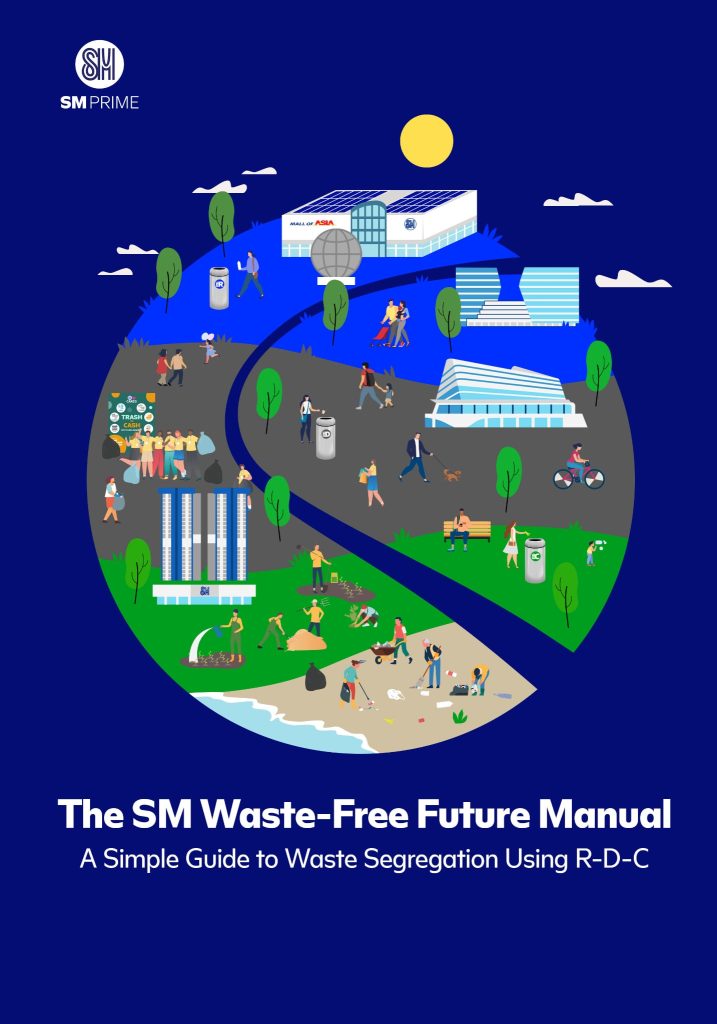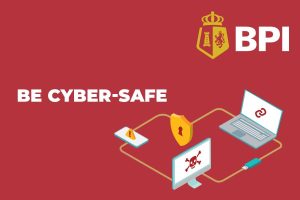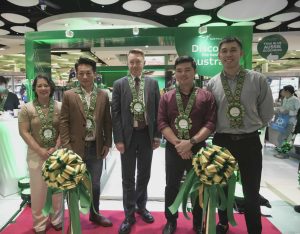
Manila. The SM Prime Holdings, Inc. (SM Prime) campaign for a Waste-Free Future and its
Recyclable, Disposable, Compostable, or RDC model aims to make segregation simple, easy,
and actionable.
In the recent Sustainability Expo (SUSTEX 2025), SM Prime launched the SM Waste Free
Future Manual – a playbook that encourages individuals and communities to learn about RDC
and building better segregation habits.
Small steps, big impact
In the Philippines, the country generates up to 61,000 tons of waste daily and an annual 2.7
million tons of plastic waste. A figure that will rise with urbanization and poor waste disposal
practices.
Inspired by the SM Green Movement’s strong call to action to make sustainability part of
everyday life, SM Waste Free Future invites everyone to become part of the solution.
The three categories, RDC, make sorting waste an empowering exercise by focusing on the
word “able” meaning having the power, skill, or the opportunity “to do”. The manual’s easy,
practical, and inspiring read hopes to encourage readers to do just that –championing
segregation systems and proper waste disposal.


Limited number of copies have been printed in support of SM Prime’s sustainability efforts. A digital copy of the manual will be made available for download.
It also features innovative reuse programs of SM Prime’s business units that keep materials in
circulation and out of landfills. When done at scale, each contribution can inspire others to
follow, creating a ripple effect.
Learn, practice, champion
Done with great reflection during its incubation stages, SM Waste Free Future presented a
rethink of waste segregation habits and systems built over time.
“We have to be open to new ways of doing things and of putting into action every little step
that’s crucial for advancing waste management solutions,” said SM Engineering Design and
Development President Hans “Chico” Sy, during the 2024 World Environment Day program
launch.
Today, the campaign is deeply encouraged by institutions and agencies that strongly advocate
developmental goals.
In his message of support, Dr. Selva Ramachandran, Resident Representative of the United
Nations Development Programme (UNDP), lauded the RDC bin labeling system. “Proper waste
segregation is an entry point toward a circular economy – one that goes beyond waste
management to design out waste, keep materials in circulation, and regenerate natural
systems.”
All together now
Together, we are stronger than we realize. “This project is not specific to one organization, but
one that belongs to an entire society. We welcome everyone to practice this in their everyday
lives,” Sy said.
To solve a mounting problem requires all hands on deck. SM Prime firmly believes that together,
we can create a sustainable, waste-free future.
“A waste-free future requires shared action from government, business, and communities. May
this manual be a catalyst for deeper collaboration, innovation, and circular solutions that support
national priorities and the global Sustainable Development Agenda – building systems across
sectors that prevent waste, recover valuable resources, and protect our environment for
generations to come,” said Dr. Ramachandran.



